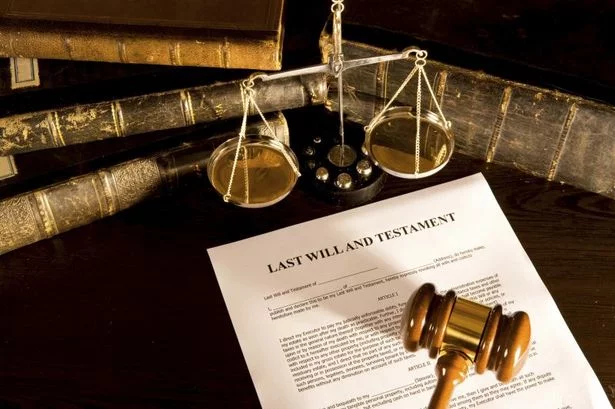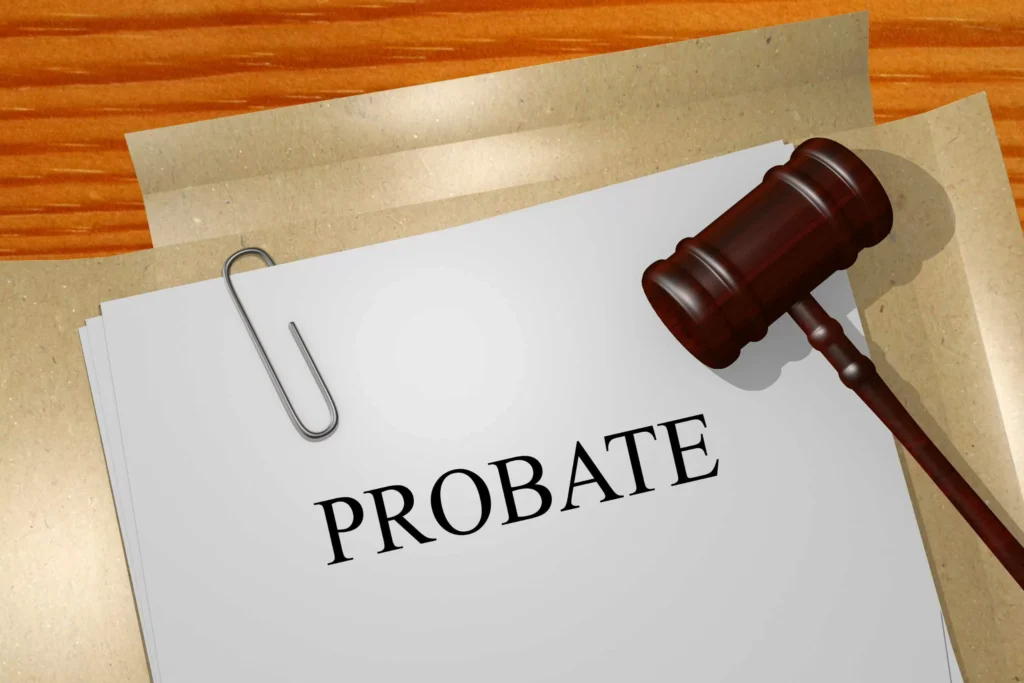Key Steps in the Probate Process in Texas
The probate process in Texas involves several critical steps that ensure the legal distribution of a deceased person's assets. Initially, the executor must file the will and a petition for probate with the local probate court. This legal action initiates the probate proceedings, allowing the court to validate the will and appoint the executor to manage the estate.
Following the initial filing, the executor must notify all interested parties, including heirs and beneficiaries, about the probate proceedings. This notification process is crucial for transparency and allows individuals to contest the will if they believe it is invalid. Additional steps include inventorying the estate's assets, settling debts, and distributing the remaining assets according to the will or Texas intestacy laws.
Common Challenges in Probate Cases
Probate cases can often present various challenges that complicate the process for executors and beneficiaries. One common issue is the contesting of a will, where heirs may dispute its validity based on claims of undue influence, lack of capacity, or improper execution. Such disputes can lead to prolonged litigation, increasing costs and emotional strain for all parties involved.
Additionally, issues related to estate debts can arise, where creditors may come forward to claim debts owed by the deceased. Executors must navigate these claims carefully to ensure that all debts are settled before distributing assets. Failure to address these challenges appropriately can lead to legal complications and potential liability for the executor.
Understanding the Role of an Executor in Probate
The executor plays a vital role in the probate process, serving as the individual responsible for managing the deceased's estate. This includes tasks such as gathering assets, paying debts, and distributing property according to the will or state law. Executors must act in the best interest of the estate and its beneficiaries, adhering to legal obligations throughout the process.
In Texas, an executor is also required to file periodic reports with the court, detailing the estate's financial status and progress in settling the estate. This transparency helps maintain accountability and can prevent disputes among beneficiaries. Understanding these responsibilities is crucial for anyone appointed as an executor to ensure compliance with probate laws and the wishes of the deceased.
Probate Alternatives: What Are Your Options?
For those looking to avoid the lengthy probate process, several alternatives exist that can simplify the transfer of assets. One popular option is establishing a living trust, which allows individuals to transfer their assets into the trust during their lifetime. Upon their passing, the assets in the trust can be distributed to beneficiaries without going through probate, saving time and legal fees.
Another alternative is joint ownership, where assets are owned jointly with rights of survivorship. This arrangement ensures that upon one owner's death, the surviving owner automatically inherits the property, bypassing probate altogether. Understanding these alternatives can help individuals plan their estates more effectively, ensuring a smoother transition for their heirs.
Key Steps in the Probate Process in Texas
The probate process in Texas involves several critical steps that ensure the legal distribution of a deceased person's assets. Initially, the executor must file the will and a petition for probate with the local probate court. This legal action initiates the probate proceedings, allowing the court to validate the will and appoint the executor to manage the estate.
Following the initial filing, the executor must notify all interested parties, including heirs and beneficiaries, about the probate proceedings. This notification process is crucial for transparency and allows individuals to contest the will if they believe it is invalid. Additional steps include inventorying the estate's assets, settling debts, and distributing the remaining assets according to the will or Texas intestacy laws.
Common Challenges in Probate Cases
Probate cases can often present various challenges that complicate the process for executors and beneficiaries. One common issue is the contesting of a will, where heirs may dispute its validity based on claims of undue influence, lack of capacity, or improper execution. Such disputes can lead to prolonged litigation, increasing costs and emotional strain for all parties involved.
Additionally, issues related to estate debts can arise, where creditors may come forward to claim debts owed by the deceased. Executors must navigate these claims carefully to ensure that all debts are settled before distributing assets. Failure to address these challenges appropriately can lead to legal complications and potential liability for the executor.
Understanding the Role of an Executor in Probate
The executor plays a vital role in the probate process, serving as the individual responsible for managing the deceased's estate. This includes tasks such as gathering assets, paying debts, and distributing property according to the will or state law. Executors must act in the best interest of the estate and its beneficiaries, adhering to legal obligations throughout the process.
In Texas, an executor is also required to file periodic reports with the court, detailing the estate's financial status and progress in settling the estate. This transparency helps maintain accountability and can prevent disputes among beneficiaries. Understanding these responsibilities is crucial for anyone appointed as an executor to ensure compliance with probate laws and the wishes of the deceased.
Probate Alternatives: What Are Your Options?
For those looking to avoid the lengthy probate process, several alternatives exist that can simplify the transfer of assets. One popular option is establishing a living trust, which allows individuals to transfer their assets into the trust during their lifetime. Upon their passing, the assets in the trust can be distributed to beneficiaries without going through probate, saving time and legal fees.
Another alternative is joint ownership, where assets are owned jointly with rights of survivorship. This arrangement ensures that upon one owner's death, the surviving owner automatically inherits the property, bypassing probate altogether. Understanding these alternatives can help individuals plan their estates more effectively, ensuring a smoother transition for their heirs.









